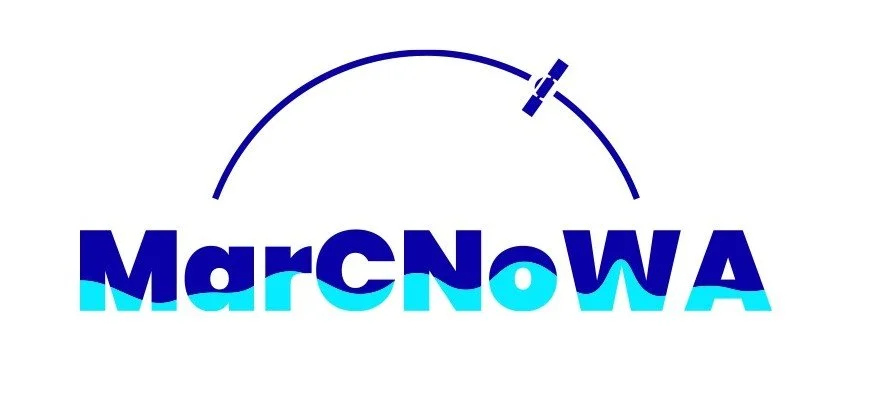
"Together we can face any challenges as deep as the ocean and as high as the sky."
Sonia Gandhi
University of Ghana Advisory Board
COMPOSITION OF THE ADVISORY BOARD
Since the RIC is established within the University of Ghana, an Advisory Committee has been set up in conformity with the University of Ghana guidelines for external project implementation.The UG Advisory Committee consists of University of Ghana senior management staff :
Provost (CBAS) – Chair
RIC Project Manager – Secretary
Director, Institute of Environment and Sanitation Studies – Member
Director, Finance Directorate – Member
Chief Information Technology Officer (CITO) - University of Ghana Computing Systems - Member
Head, Department of Marine and Fisheries Sciences – Member
Director, Centre for Remote Sensing and Geographic Information Systems – Member
Director, Public Affairs Directorate – Member
REGIONAL STEERING AND COORDINATING COMMITTEE (RSCC)
Members of the RSSC comprise all Partners in the UG-GMES Consortium. This committee is chaired by the lead Applicant, the Regional Marine Centre (University of Ghana).
The Regional Marine Centre of the University of Ghana organized the 1st Regional Steering and Coordinating Committee (RSCC) of the Marine & Coastal Areas Management in North and West Africa (MarCNoWA). The workshop was organized on the 7th July 2022, to officially inaugurate the Regional Steering and Coordinating Committee as well as adopt its Terms of References.
REGIONAL POLICY ADVISORY COMMITTEE (RPAC)
The Regional Policy Advisory Committee (RPAC) is a body that provides policy direction for the GMES (Marine) Project at the regional level. The rationale is to strengthen regional and national capacities to generate and apply EO-based information and develop a framework for promoting intra-African collaboration and open access to data.
The RPAC brings together users of the EUMETCast Stations in the Marine Environment in North and West Africa and key regional bodies that constitute a policy-making advisory committee. The committee is composed of the regional institutions involved in this project and with the mandate in fisheries, oceanography, environment, maritime security, earth observation, and policy-making; and a senior managerial or decision-making level from the beneficiary countries.



